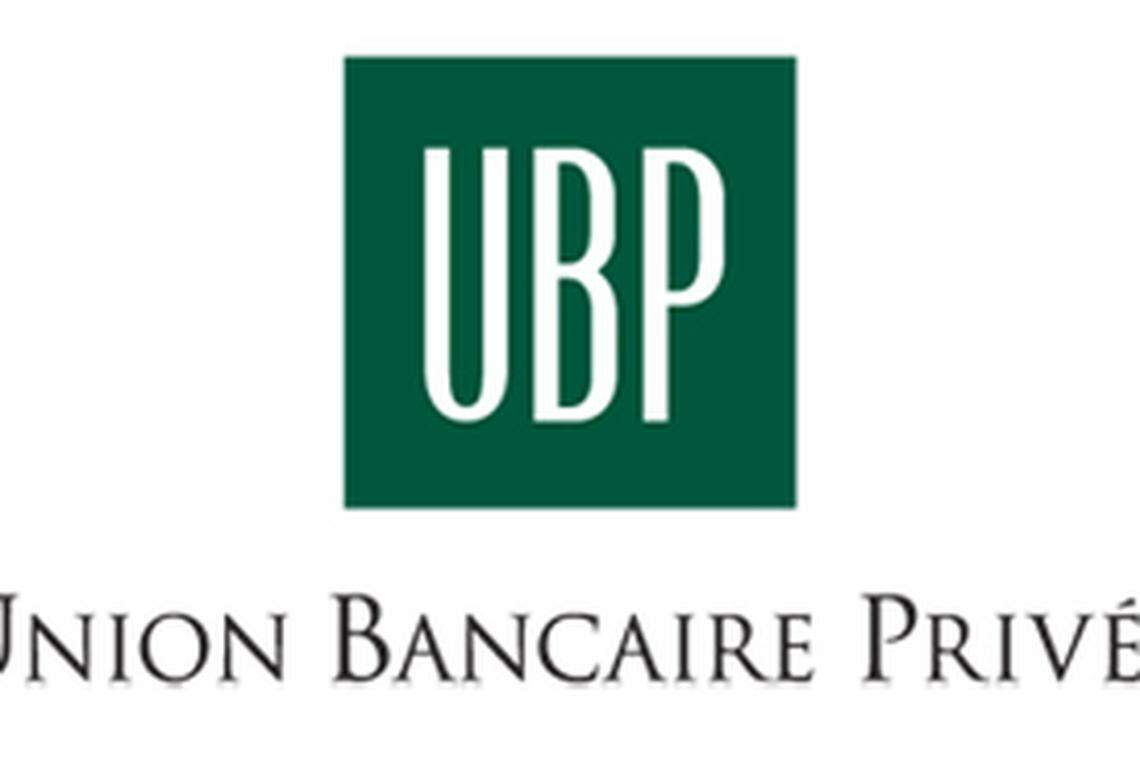Creating a positive impact
A new segment of liquid funds investing in positive impact equities is set to appeal to millennial investors
BY MOST accounts, impact investing has caught the attention of investors, particularly young and wealthy millennials who wish to do well and do good with their funds. Typically, the avenue would be through investments into a private company or organisation with a social and/or environmental mission, or through a private equity portfolio. These investments, however, are typically pitched at high net worth or accredited investors.
Now, a new segment of liquid funds is emerging which represents the "second chapter" of impact investments, called "positive impact" equities. In contrast to philanthropy, impact investments are made with an expectation of return.
Says Victoria Leggett, head of responsible investment of the asset management arm of Union Bancaire Privee (UBP): "We believe very strongly in impact as a way to invest money for retail and large institutions. In order for that shift to happen, the area of impact investing has to broaden and become accessible. If it's done in a considered and thoughtful way, there is no reason why listed impact equities should be any more diluted in impact than private projects.
"We have found a very rich universe of companies whose revenue streams are entirely dedicated to solving the world's most pressing challenges; they just happen to be listed and are further along in their evolution. They're not start-ups anymore."
The firm defines positive impact equities as businesses that are "fixers" or part of the solution to the world's problems which include scarce resources, poverty and climate change. This class of equities is said to be in its infancy at less than one per cent of global assets. But the strategy has grown at a 56 per cent annual compounded rate and the World Economic Forum believes it will represent US$1 trillion by 2020. The UBAM-Positive Impact Equity Fund was incepted in October. It is a concentrated portfolio of 25 to 35 stocks, mostly European equities. In collaboration with the Cambridge Institute for Sustainability Leadership, the fund has distilled the UN Sustainable Development Goals (SDG) into six investment themes. Three are societal - basic needs, health and well-being, and inclusive and fair economies.
The other three are environmental - healthy ecosystems, climate stability and sustainable communities. Stocks in the portfolio must generate revenues from businesses that directly address the themes.
Ms Leggett says impact is distinct from the ESG approach (environmental, social and governance). "When we talk ESG we consider the non-financial health of a company's operations - how well the company is run, its environmental policies, employee welfare and safety records. Impact, on the other hand, is front and centre all about the product and services a company sells. It's all about the revenue stream.
"You can get a company with game-changing technology in terms of renewable energy, but it might have a dreadful ESG profile, or a board with no gender diversity. But it doesn't mean its revenues don't generate a positive impact. Or, you can have an oil and gas or mining company with a fantastic ESG profile, but they sell fossil fuels, so they're never going to be a positive impact business."
Ms Leggett says ESG plays a part in scouring the investment universe for impact stocks, but is secondary.
"When we look at impact candidates, we put them through a proprietary model to stress test the intensity of impact. Only if it makes it through the screen do we look at the financials and ESG profile. There is a potential that there may be a stock that doesn't have a flawless ESG profile, but it has an exceptional impact profile. In reality, the two tend to go hand-in-hand. If you run a business with revenue streams aligned with climate change, you typically also care about your employees and the way the company is run."
The firm seeks a "360-degree" view of the company in terms of impact. It uses a proprietary scoring system called IMAP by which stocks are rated according to four criteria. One is materiality, which refers to the proportion of revenues contributed by the company's impact solution. Two is "intentionality" which is a measure of how capital is allocated and future growth. Three is "additionality" which reflects how unique the solution is, whether it has a patent which can serve as a barrier to entry. Last is "potentiality", or the question of whether a company's technology is a paradigm shift in solving a problem.
Interestingly, the fund will donate five basis points of its management fee to a human-rights charity. This enables it to include the SDG which aims for peace, justice and strong institutions.
There are challenges in company disclosures and the data available on impact. Ms Leggett says direct engagement with companies is key. "We found overwhelmingly that the best way to create robust and useful measurement is to have direct bilateral engagement with the company. There is no top down way to do this. It involves conversations, a relationship, site visits and tracking the data over time." W
BROUGHT TO YOU BY:

BT is now on Telegram!
For daily updates on weekdays and specially selected content for the weekend. Subscribe to t.me/BizTimes
New Articles
Digital Core Reit Q1 distributable income slips 2.4% to US$10.6 million
BT subscribers can now share 5 premium articles a month with unlimited number of non-subscribers
First Reit reports 3.2% lower Q1 DPU of S$0.006 amid interest rate, forex headwinds
Vietnam holds first gold auction in 11 years to stabilise market
How Hudson Yards went from ghost town to office success story
Hot stock: Nanofilm jumps 13.1% amid heavy trading on improved Q1 results
